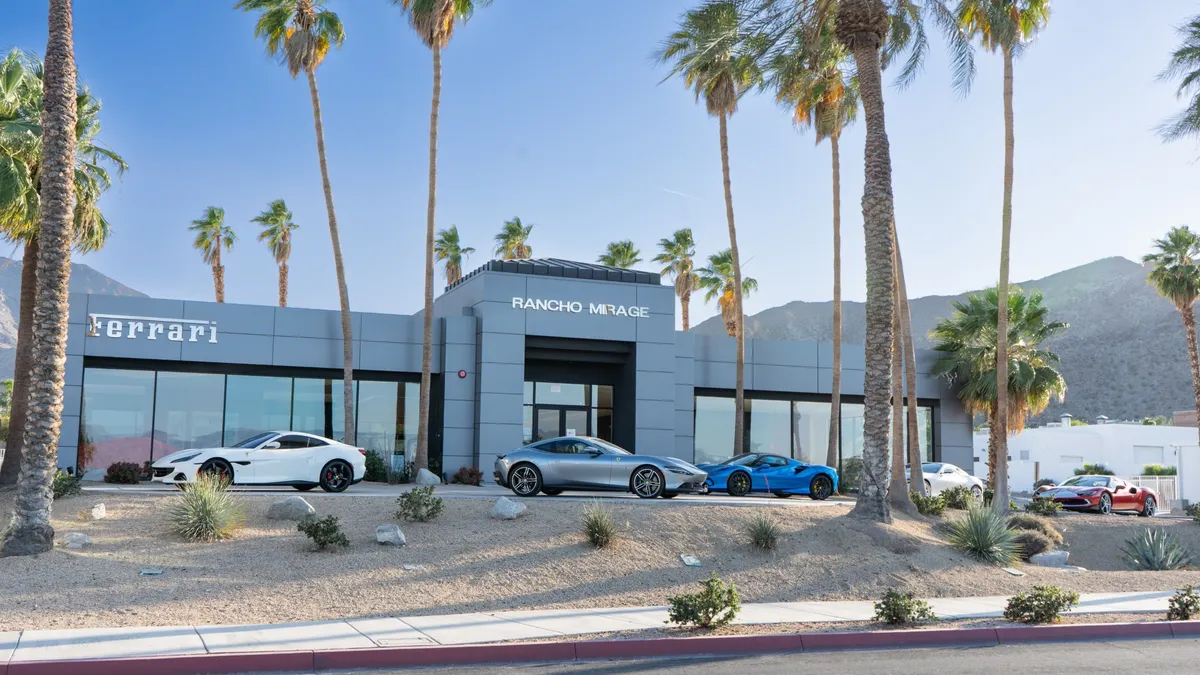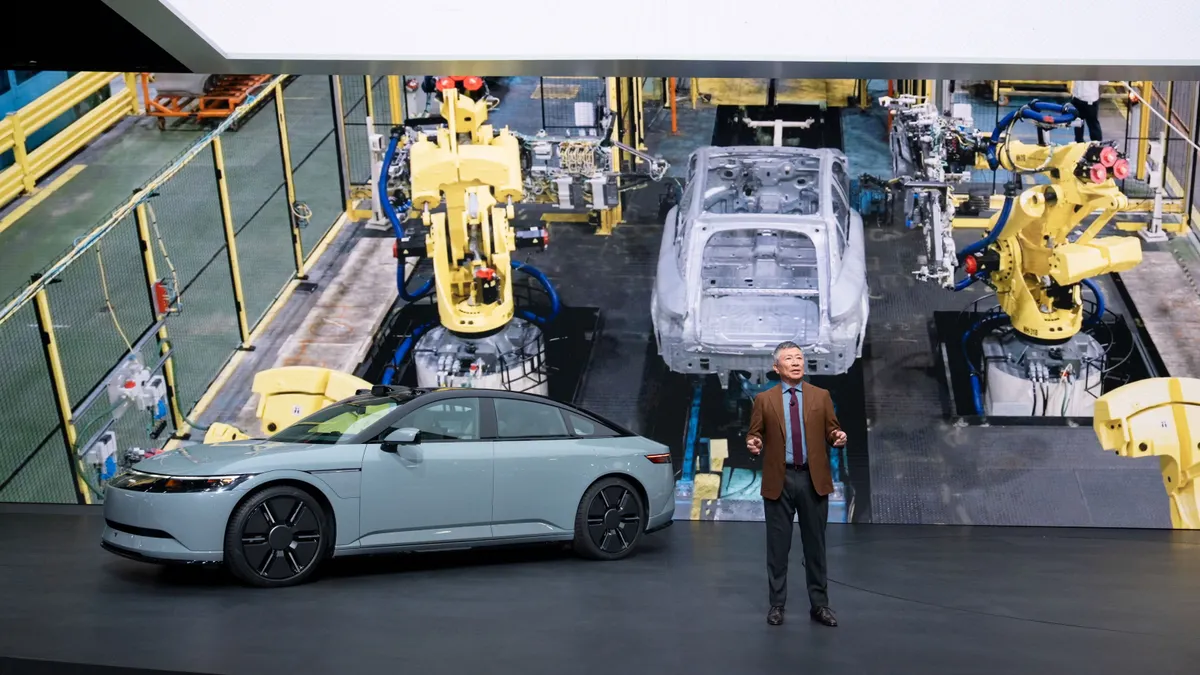Editor's note: This story is part of the WardsAuto digital archive, which may include content that was first published in print, or in different web layouts.
Czech-born Ivan Hodac has been the voice of the European automotive industry since 2001. Before becoming secretary-general of the ACEA, the European auto makers association, he served as senior vice president of Time Warner Europe.
Hodac says working with strong personalities in Hollywood, the U.S. film capital in California, prepared him to deal with automotive executives.
But it’s not always easy to represent the interests of all the auto makers in a recessionary market where some companies are holding their heads above water while others are facing major layoffs and plant closures. In addition to economic considerations, there are cultural and political differences with which to contend.
In an interview at his office in Brussels, Hodac talks about the challenges and rewards of his job, what he has achieved over the last 12 years at the ACEA and what he would like his legacy to be.
It’s not easy, but it’s doable. We do not always find a common language on everything. But on most of the issues we do: When we are talking about regulatory framework, when we are talking about free-trade agreements, when we are talking about research and development.
When we talk about CO2 and other issues, the industry tends to speak with one voice. Yes, there might be sometimes divergent points of view, and that comes from the heterogeneity of the industry. But I think that the companies and our members understand that it is in their interest to work on as many issues as possible together.
When you are looking at technical issues, there is no discrepancy between the point of view of non-Europeans and Europeans. Toyota, Hyundai, Ford, General Motors are very much in line with the rest of the industry on technical issues. When it comes to trade, we try to avoid (a situation) that Toyota Europe, for example, is taking a position against the interest of the other members.
Automotive companies can do whatever they want, but there is a mutual respect in Europe between Hyundai, Toyota, GM and the European-based companies, because everybody realizes that it’s better to avoid a conflict on this issue if it’s possible, and so far we have avoided it. You’ve never heard Toyota or Hyundai speaking against the ACEA’s position on trade.
I have developed very good relations with all the CEOs. The board of the ACEA is composed only of CEOs. There is also lots of respect among the CEOs. So they know that on most of the issues they should work together, and you have to have the trust and respect of the CEOs. Otherwise, you cannot do this job.
You have to be a diplomat, a consensus-builder. If you are not a consensus-builder, you can’t do it. If you start a quarrel with somebody, you can forget it. It’s over. You have to be a good communicator, you have to know the most important issues in reasonable detail and you have to be able to manage strong personalities.
I worked for almost 10 years for Time Warner. Time Warner was the largest media company in the world. They owned Warner Brothers. I can tell you that I learned a lot in Hollywood about how to work with strong personalities. On the one hand, it was tough. On the other hand, it was rewarding and interesting.
I have been here for almost 12 years. So the biggest legacy is the fact that I have kept the ACEA together. I think the association is working very well, and it’s respected by its members. Nobody has left the association.
The association speaks for the industry. It’s the voice of the industry in Europe. It’s very difficult to pinpoint a certain legacy. Maybe that we have avoided major regulatory or other disasters, and that I managed to make sure people continued working together.




















